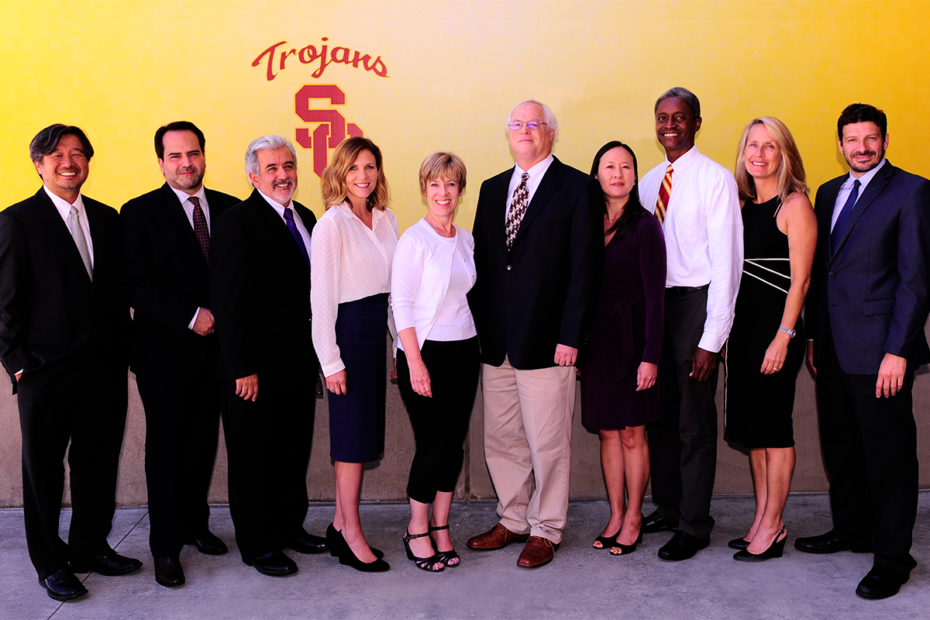If you’ve ever wondered what the Academic Senate is and what it does, read on!
At USC, we operate on a system of ‘shared governance’, with the Academic Senate being the main body that represents the faculty at the university level. Shared governance is a little hard to define (here’s a link to an article that gives one person’s view), but it describes the consultative process that occurs between the faculty, the student representatives, and the senior administration (Deans, the Provost and his officers, and the President and his officers), with the ultimate authority vested in the Board of Trustees. Shared governance is therefore a multi-way process, reflecting the consultative and collegial way in which things get done at USC. Not everyone always agrees but, as faculty, we do always get to participate in key decisions.
The Academic Senate meets monthly and is made up of about 33 senators. There is at least one representative from each school and the libraries, rising to 6 representatives from the largest faculty bodies at Dornsife and Keck. All USC faculty are eligible to be elected as a Senate officer, and the different faculty councils at each school follow their own procedure for selecting senators. The Senate also elects a 9-person Executive Board, who meet every week, and do much of the behind-the-scenes work to bring items to the monthly Senate meetings, which are open to all USC faculty. The Provost or his officers are frequent guests of both the Senate and the Executive Board, for open and collegial discussions.
Finally, and most importantly, there are a number of faculty committees, whose membership is largely drawn from the annual call for self-nominations (look for the email in February). These are the groups that do the real heavy lifting, usually starting from charges the Senate gives them, and producing thoughtful reports that reflect the viewpoints of the faculty. On many topics – for example, those embodied in the Faculty Handbook – committee recommendations and Senate resolutions establish new University policies. Here’s a summary from last year’s Senate President, highlighting some of the recent work of the Senate and its committees.
So if all of this has got you interested, how can you be more involved? You can attend our open monthly meetings, nominate yourself to be on a committee, send us your suggestions for issues we should look into (acsenate@usc.edu), follow us on social media, and read our minutes, reports and newsletters. There are lots of ways, including at your school level, some of which are helpfully bookmarked here.
Your colleagues on the Academic Senate look forward to receiving your input this year.

Paula Cannon
President of the Academic Senate
Professor of Molecular Microbiology and Immunology, Keck School of Medicine
PS – You can email me personally at pcannon@usc.edu
To discuss go to our Facebook post.

